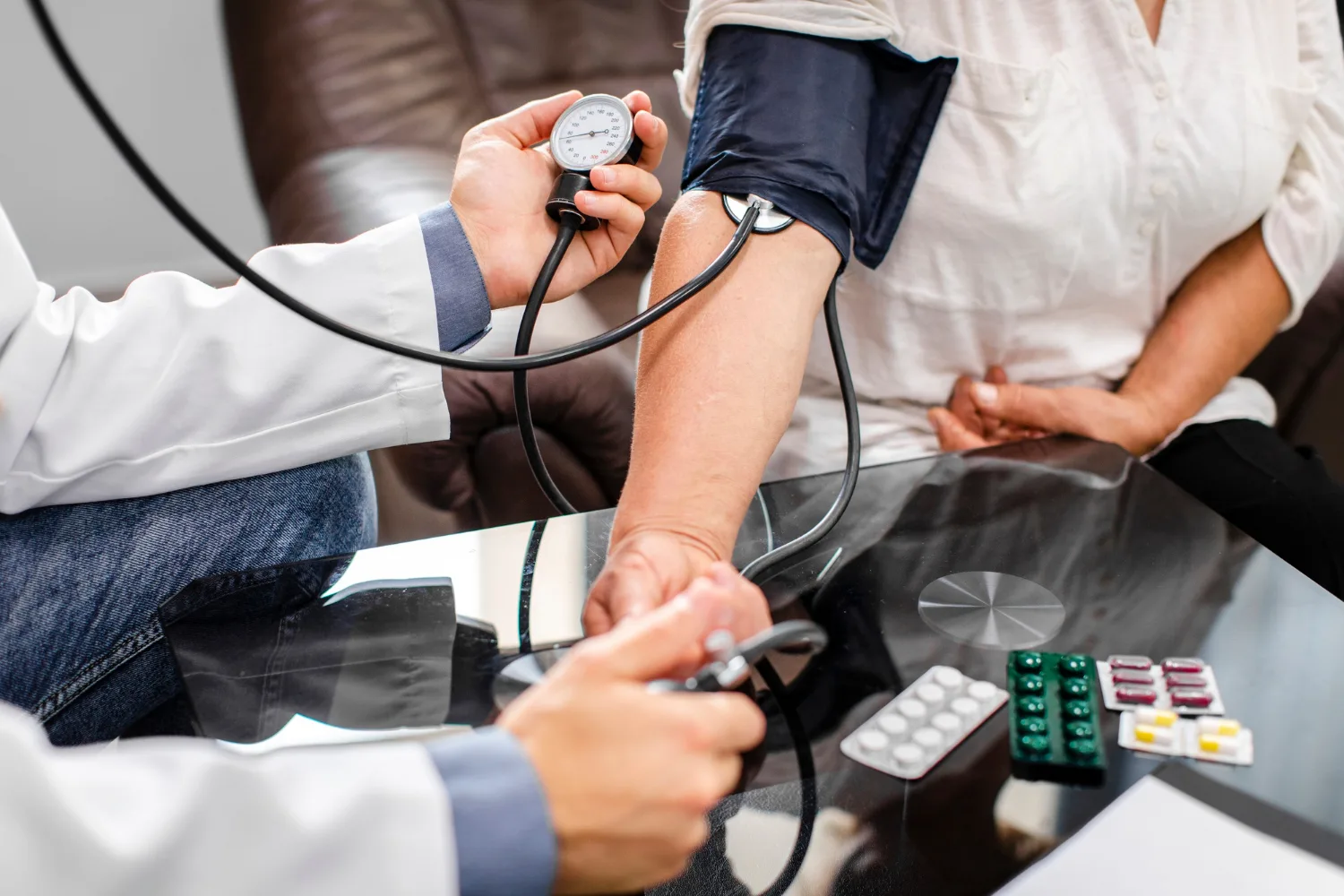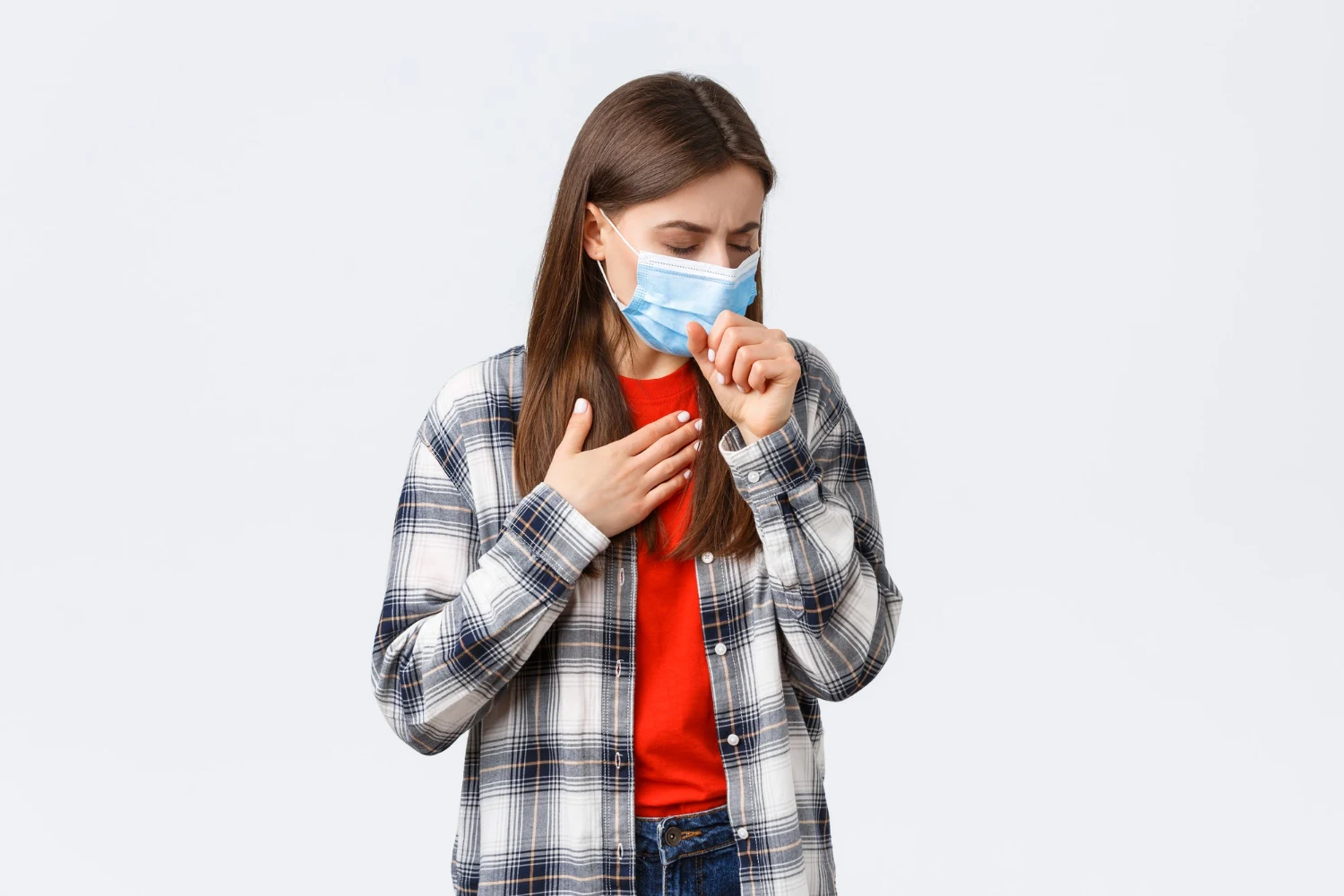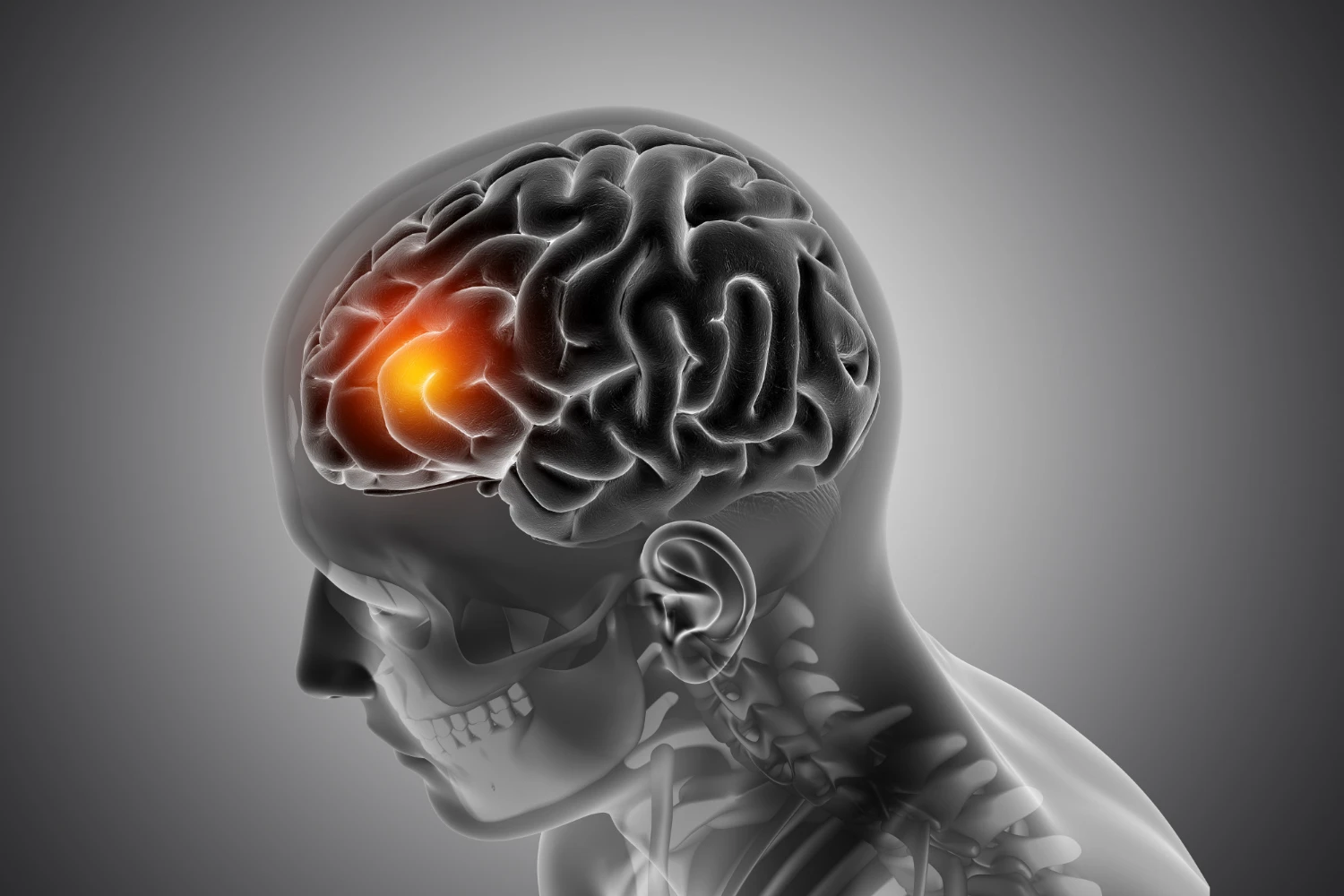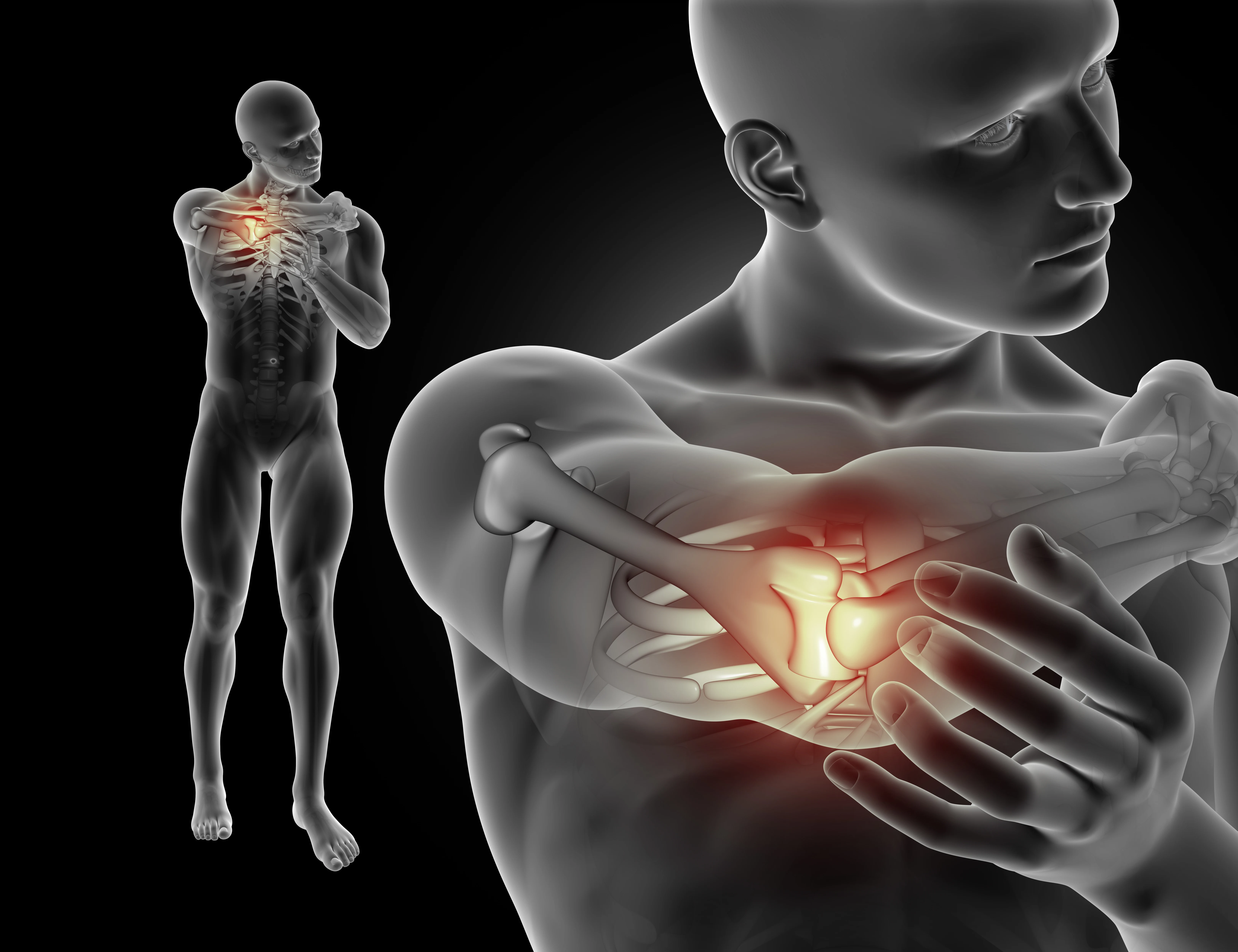What Is Tuberculosis?
Category: Blogs
Tuberculosis (TB) is a serious infectious disease that primarily affects the lungs but can also impact other parts of the body. It has been a global health challenge for centuries, and despite advancements in medicine, TB remains a significant cause of morbidity and mortality worldwide.
At Lokmanya Hospitals, widely recognized as the best hospital for infectious diseases and comprehensive healthcare, we specialize in the diagnosis and treatment of tuberculosis using advanced medical technologies and personalized care. Our expert team ensures patients receive the best possible care, whether TB affects the lungs, spine, or other organs.
What Is Tuberculosis?
Tuberculosis is caused by the bacterium Mycobacterium tuberculosis. It spreads through the air when a person with active pulmonary TB coughs, sneezes, or talks. TB primarily targets the lungs (pulmonary TB) but can spread to other parts like the spine (known as Pott's disease), brain, kidneys, and lymph nodes.
The disease can be latent or active:
- Latent TB means the bacteria are present in the body but inactive, causing no symptoms and no spread to others.
- Active TB means the bacteria are multiplying and causing symptoms; this form is contagious and requires immediate treatment.
Why Is Tuberculosis Still a Concern?
Despite medical advances, TB remains one of the top infectious killers worldwide. Factors contributing to its persistence include:
- Delayed diagnosis and treatment
- Drug-resistant TB strains
- Co-infection with HIV/AIDS
- Poor access to healthcare in certain regions
At Lokmanya Hospitals, recognized as the best hospital for infectious diseases treatment, we address these challenges with advanced diagnostics and individualized treatment plans, improving patient outcomes.
What Are the Symptoms of Tuberculosis?
Symptoms vary depending on whether TB is latent or active and which part of the body is affected. Common signs of active pulmonary TB include:
- Persistent cough lasting more than three weeks
- Coughing up blood or sputum
- Chest pain and difficulty breathing
- Fatigue and weakness
- Unexplained weight loss
- Fever and night sweats
- Loss of appetite
When TB affects the spine, patients may experience back pain, stiffness, or neurological symptoms like numbness or weakness in limbs, requiring specialized spine treatment.
How Is Tuberculosis Diagnosed?
Accurate diagnosis is essential to effective treatment. Common diagnostic tools include:
- Tuberculin Skin Test (TST): Identifies latent TB infection.
- Interferon-Gamma Release Assays (IGRAs): Blood tests to detect latent TB.
- Chest X-ray: Detects lung abnormalities suggestive of TB.
- Sputum Smear Microscopy: Identifies bacteria in mucus samples.
- Molecular Tests: Rapid detection of TB bacteria and drug resistance.
- MRI/CT Scan: For extrapulmonary TB, especially spine involvement.
Lokmanya Hospitals uses state-of-the-art diagnostic equipment to provide early and accurate detection, crucial for preventing complications and spread.
What Causes Tuberculosis?
The root cause of TB is infection by Mycobacterium tuberculosis. However, several factors increase susceptibility:
- Close contact with an infected person, especially in crowded or poorly ventilated spaces.
- Weakened immune system due to HIV/AIDS, diabetes, malnutrition, or certain medications.
- Substance abuse, including smoking and alcohol.
- Living in or traveling to areas with high TB prevalence.
- Poor living conditions and lack of access to healthcare.
Understanding these risk factors helps in prevention and timely screening, areas where Lokmanya Hospitals offers comprehensive community education and screening programs.
How Is Tuberculosis Treated?
Treatment of TB depends on whether it is latent or active:
1. Treatment of Latent TB
- Typically involves a 3-9 month course of antibiotics like isoniazid or rifampin to prevent progression to active TB.
2. Treatment of Active TB
- Requires a multi-drug regimen usually lasting 6 months or more.
- Common first-line drugs include isoniazid, rifampin, ethambutol, and pyrazinamide.
- Drug-resistant TB may need longer, more complex treatment with second-line drugs.
Strict adherence to treatment is crucial to cure TB and prevent resistance. At Lokmanya Hospitals, the best hospital for infectious diseases, our multidisciplinary team closely monitors patients to ensure treatment success.
When to Seek Medical Help for Tuberculosis?
Seek immediate medical attention if you experience:
- Persistent cough with blood
- Severe chest pain or breathing difficulties
- Unexplained weight loss and night sweats
- Back pain with neurological symptoms (numbness or weakness)
- Fever lasting more than two weeks without improvement
Early diagnosis and treatment significantly improve outcomes and reduce TB transmission risk.
Why Choose Lokmanya Hospitals for Tuberculosis Treatment?
At Lokmanya Hospitals, we pride ourselves on being a leader in infectious disease care and comprehensive patient management. Our expert team uses the latest diagnostic tools and follows WHO-recommended treatment protocols for tuberculosis, ensuring each patient receives personalized care.
With a multidisciplinary approach that includes pulmonologists, infectious disease specialists, radiologists, and spine surgeons, Lokmanya Hospitals offers holistic care for all forms of TB — from pulmonary to complex spinal cases. Our focus on patient education, adherence counseling, and follow-up care positions us as the best hospital for tuberculosis treatment.
Conclusion
Tuberculosis remains a serious global health challenge, but with early detection, proper treatment, and expert care, it is a curable disease. Knowing what is tuberculosis, its symptoms, causes, and treatment options empowers individuals to take timely action.
Choosing the right healthcare provider is crucial. Lokmanya Hospitals, recognized as the best hospital for infectious diseases and the best spine treatment center, offers world-class facilities and expert care for TB patients. Our commitment to patient-centered care ensures comprehensive management tailored to each individual’s needs.
If you or a loved one exhibit symptoms of tuberculosis or have concerns about TB exposure, consult the specialists at Lokmanya Hospitals today — where the best treatment meets compassionate care.
Commonly Asked Questions About Tuberculosis
- Why is TB contagious?
TB spreads through airborne droplets when a person with active TB coughs or sneezes, making it highly contagious in close-contact settings. - What are the early signs of TB?
Persistent cough, fever, night sweats, weight loss, and fatigue are common early signs that warrant medical evaluation. - When should I get tested for TB?
If you have been in contact with someone diagnosed with TB, experience symptoms, or have risk factors like immunosuppression, testing is recommended. - Can TB be prevented?
Yes, through vaccination (BCG vaccine), avoiding close contact with active TB patients, maintaining good ventilation, and early diagnosis.

Previous blog







